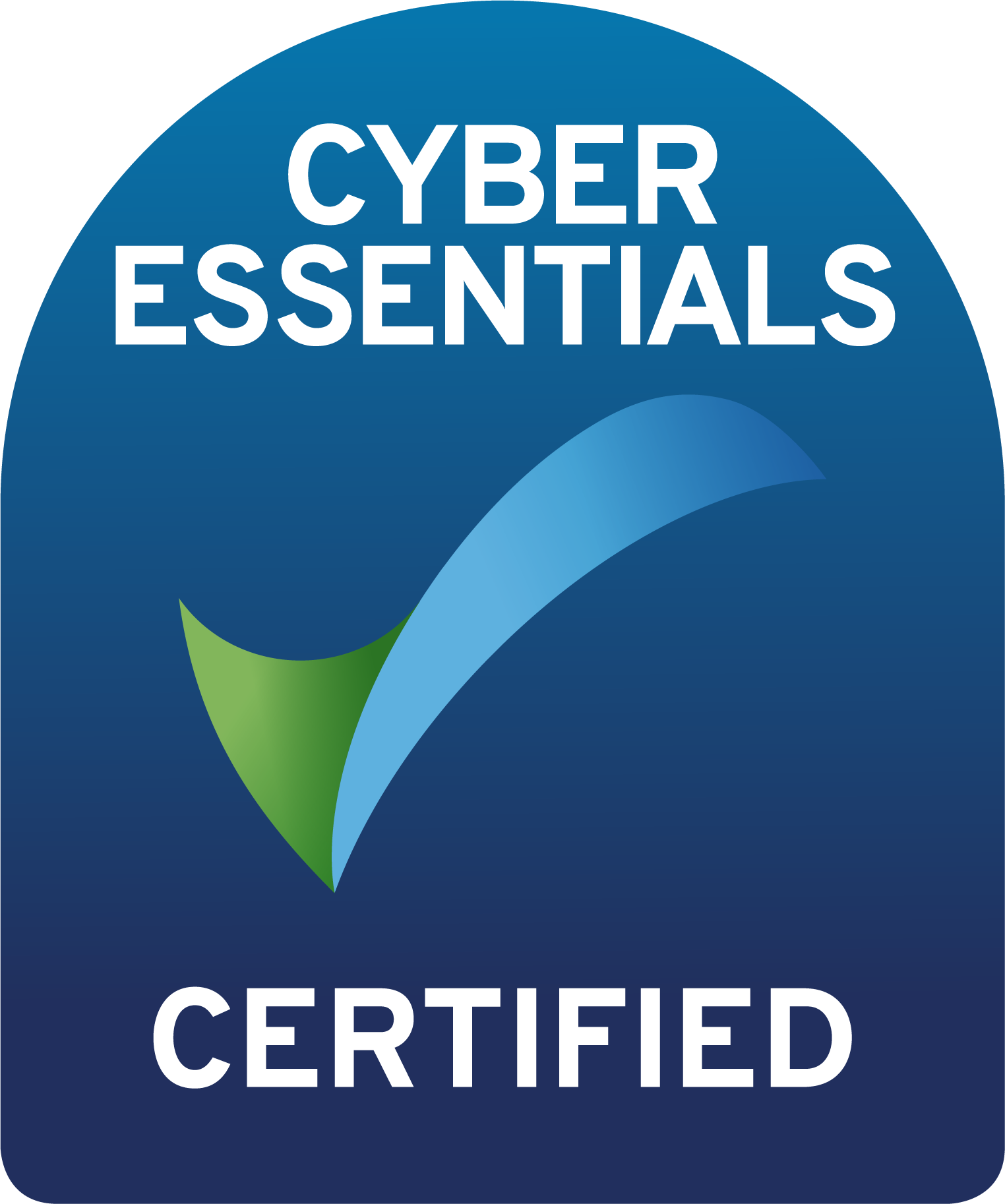Are you one of the millions of people in the UK suffering from digestive problems? Are you too embarrassed or nervous to ask for help?
Love your gut aims to help people understand about the importance of good gut health but also when and where they should seek help.
Improving your gut health is easier than you think. Take your first step to better digestive health and read on…
The Gut
The gut is responsible for processing the food we eat, so that essential nutrients, vitamins and minerals can be absorbed, providing vital fuel for our body. But everyday factors such as stress, poor diet, illness, certain drugs and even the natural aging process can have a detrimental effect on the gut. So understanding how it works and how to look after it can help things run more smoothly
The Mouth
Breaks food down into manageable pieces.
The Oesophagus
Powerful, muscular contractions push food down to the stomach.
The Stomach
Food mixes with gastric juices over several hours. Enzymes begin to break down the protein and starches, helped by acid which also kills off bacteria. The resulting thick liquid passes slowly into the small intestine.
The Small Intestine
Around 6 metres in length, food particles move along this intricate tubing where carbohydrates, protein and fat are broken down into smaller molecules. These are then absorbed into the blood stream.
The Large Intestine
Remaining food spends 12-48 hours here. Water and minerals are absorbed here while ‘good’ bacteria break down some of the indigested material into fragments which can then be useful to us as foods.
The Pancreas
Which sits just behind the stomach – secretes an alkaline juice which neautralizes stomach acid, while its enzymes break down protein, fat and carbohydrates.
The Liver
The chemical factory and warehouse of the body. It receives blood directly from the gut via a special set of blood vessels, and it is the first place for the absorbed nutrients to be processed and used.
The Gall Bladder
Concentrates bile and squeezes it into the small intestine, where it helps to digest fat.
Have you ever thought how intuitive your gut is?
You can actually use all five senses to understand if there are problems or if things are working well. So by looking, listening, smelling, tasting and feeling you may be able to recognise warning signs sooner than you may think.
Sound
Not eaten for a while? Those rumbles could be stomach contractions sloshing digestive juices into the intestines, and combined with intestinal movements, make gurgling noises.
Sight
Black and tarry stools could indicate bleeding in the small intestine or stomach, pale stools and dark urine could indicate gallstones or a pancreatic disorder.
Smell
Men and women both have smelly wind – it all relates to what you’ve eaten and the composition of your bacterial flora.
Taste
Sufferers of acid reflux may experience a metallic taste caused by regurgitated stomach acid.
Feeling
Crampy abdominal pains could be a sign of excess but could be an indicator of IBS, Crohn’s Disease or partial intestinal obstruction.
Good Gut Health
Looking after your gut is easier than you might think. A balanced diet, regular exercise and a healthy lifestyle can all have a beneficial effect.
Lifestyle
In stressful situations, adrenalin pumping around the body and the compensatory effects of cortisol can alter the transit of food through the gut, causing either constipation or diarrhoea. Make an effort to consciously de-stress by relaxing your muscles and breathing deeply.
Lead a balanced life. If you can regulate your life, then you will regulate your bowels as well. Take time off – listen to music, take a long bath, read a book, meet friends or take a stroll.
Plan ahead. Don’t let the hectic nature of modern life overwhelm you. Buy a diary and plan out not only work tasks, but also social appointments and financial commitments. Staying in control can help you to feel calmer about everything.
Diet and Mealtimes
Be prepared. The smell of food sends nervous signals from the brain to the gut, causing digestive enzymes to be produced. Cook meals from scratch and the smell of food will prepare the digestive system for what’s to come.
Chew your food. Chewing mixes food with saliva, which starts to break down starches. If food is poorly chewed, stomach enzymes and acid in the stomach have to work harder to break it down, which can cause bloating and heartburn.
Know your limit. Continuing to eat past the point when you are comfortably full can overload your digestive system with extra food that it will struggle to process. Over eating can cause symptoms of indigestion, including bloating and wind.
Exercise
Leave the car at home for short journeys – walk to the shops, school, pub or post office.
Ban all lifts and escalators – at work and out shopping use the stairs instead and get those legs moving.
Gather a group of friends and schedule in a regular brisk walk, jog, swim or even a yoga or Pilates class.
Challenge yourself to complete the housework or gardening in a faster time than usual – you’ll be surprised how many calories you burn when you pick up pace!
Park your car away from the supermarket entrance – the extra walk will be good.
When to see a doctor
It is important to remember that many digestive disorders can be treated. Whatever your age, you should see your doctor if you experience the following symptoms, particularly if they are unexpected or persistent:
Abnormal pain before or after meals
Persistent feeling of fullness, bloating or flatulence
Nausea or vomiting
Heartburn or regurgitation
Pain or difficulty in swallowing
Loss of appetite
Continuing unexplained weight lose
Indigestion developing for the first time in mid or later life
Persisting diarrhoea, constipation or any alteration in bowel habit
Change in stools (bowel motions) especially if they become black, dark, red, pale or contain mucus (slime)
Bleeding when you pass a stool
Pain when you pass a stool
Feeling that your bowels are not emptying completely
Generally feeling tired, lethargic or unwell in association with any abdominal symptoms.
For more information visit: http://www.loveyourgut.com/
Find out more about our Occupational Health and Health Surveillance services.




